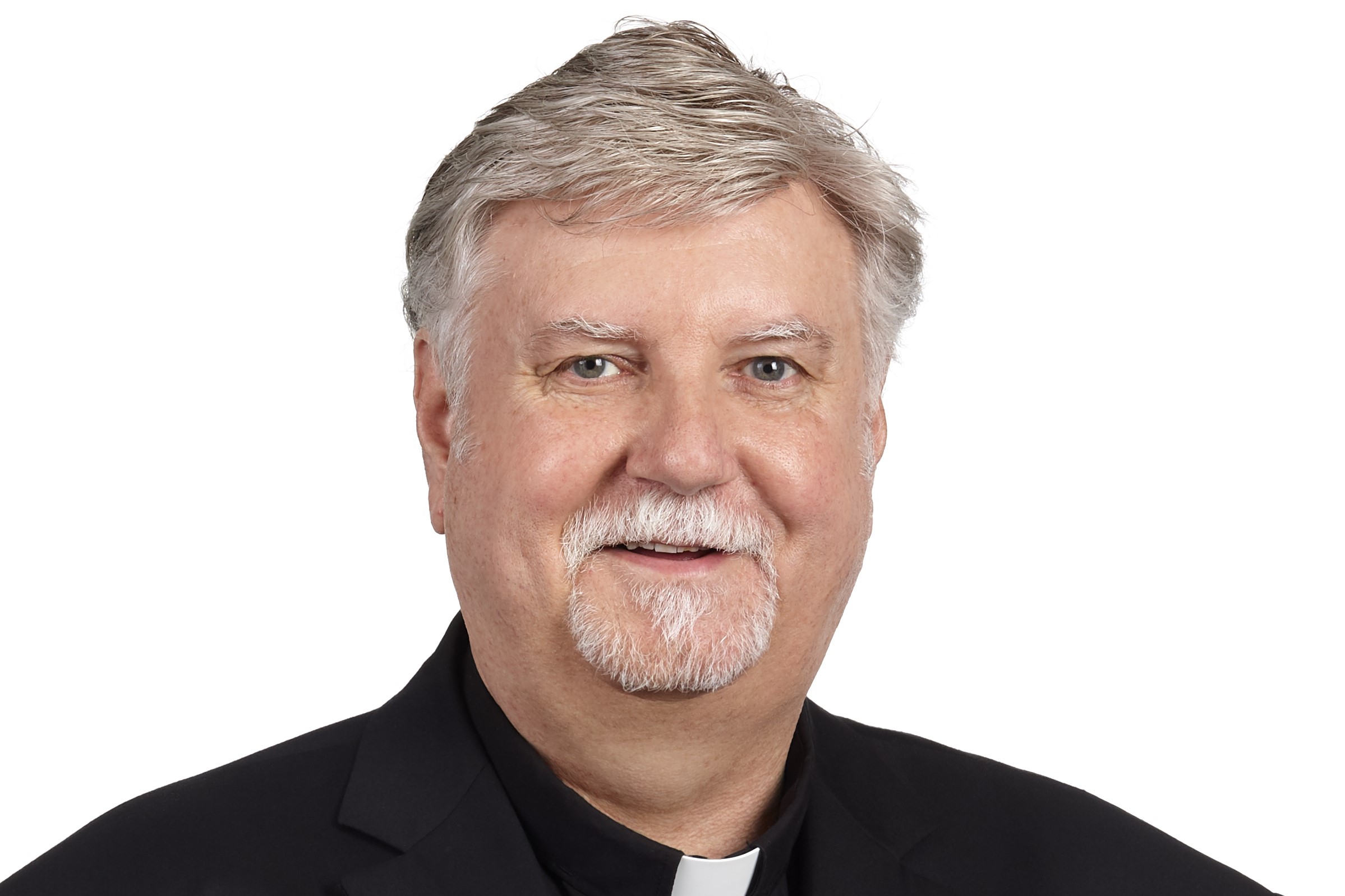Saint Francis de Sales Seminary 175th Anniversary

Fr. Glenn Powers. (Photo courtesy of Saint Francis de Sales Seminary)
Formation at Saint Francis de Sales Seminary is a process of continuous personal growth and development of a man aimed toward the goal of priestly ordination. It is a program of preparation and formation of the whole man in the context of the four pillars of Human, Pastoral, Intellectual and Spiritual growth.
Pastoral formation is the culmination of the entire formation process, and not only should the whole formation have as its object to make the men true shepherds of souls after the example of Jesus Christ, teacher, priest, and shepherd, but also that the formation as a whole aims at preparing them to enter into communion with those whom they serve.
According to Fr. Glenn Powers, director of pastoral formation, forming seminarians into shepherds is a process of helping them become like the proverbial shepherds, who are always search of the lost sheep.
“Many are scattered, and a good shepherd has the ability to examine and look closely as they will deliver people from difficult situations and be present for them,” he said. “That pastoral presence is leading in an administrative way, gathering them together on a regular basis such as Mass or other situations of learning or social justice sort of things. It is also a collaborative process where he believes the gifts of the Holy Spirit are within the laity as well.”
The seminarian also learns to reflect on situations and events in their personal and parish ministry through a faith perspective that includes the lenses of scriptural studies, systematic theology, church history, cultural and pastoral studies. Through the suggested ministerial responses, seminarians grow in self-awareness, confidence, competence and compassion.
The Teaching Parish Program model for pastoral formation helps to integrate the parish and seminarian’s experiences for each of the four years.
“We deliberately invite the leadership of parishes to accompany these men and also judge not just the strong, but the those who are weaker in need and looking for some support in life to provide them hope,” said Fr. Powers.
Seminarians in the Teaching Program are involved in various areas of parish life at some point during their four-year period, including liturgy, RCIA/adult formation, Catechetics/child and youth ministry, evangelization, outreach/human concerns and administration.
The addition of pre-theology courses affords the opportunity for apostolic charity in the spring semester in conjunction with the seminary’s partnership with Catholic Charities.
Each year, depending upon the year of formation, and through an incremental means, the seminarian becomes increasingly more involved in pastoral activity outside of the seminary community. This includes charitable institutions such as visiting those in prison, hospitals and homeless shelters, but is primarily ordered toward activity in the parish setting, which is the primary activity of the archdiocesan priest. To develop skills needed in ministry, a focus is planned for each year, said Fr. Powers.
“The first is an administrative year, considered a getting to know you year, where the seminarian learns about parish operations, how they are organized and the team approach; they get to know the parish leadership, start praying for them, create connections and go out to the field, coming back with all these experience and encounters,” he said. “They learn how the finances are done, about the pastoral/parish council, and about living in reality within the parish and its celebrations and challenges.”
Subsequent formation years include involvement in human concerns or societal outreach, helping out with organizations such as Catholic Charities, the Capuchin Community, St. Camillus or Riverwest Food Pantry.
“The third year is focused on cradle-to-grave education, such as catechesis and how the sacraments are passed on,” said Fr. Powers. “This year, with COVID-19 and the shutdowns, our seminarians were highly motivated and used YouTube and Zoom to pass on educational information to others and stayed in contact with their parish, even though they had to go home.”
As the seminarian draws closer to ordination, he spends progressively more time serving and residing at a parish. The final year is diaconal internship and as an ordained transitional deacon, a seminarian, will enter intentionally into a particular parish, exercising his diaconal responsibilities. An integral aspect of seminary pastoral formation is the integration of the learnings from human, spiritual, and intellectual formation into the practical aspects of pastoral activity.
“They work through their strengths and weaknesses, and are evaluated throughout their time as a transitional deacon,” said Fr. Powers. “They come before the faculty in all things and do a lot of self-evaluation, as well as peer evaluation. In love, people are telling them what they do well and how they can improve.”
